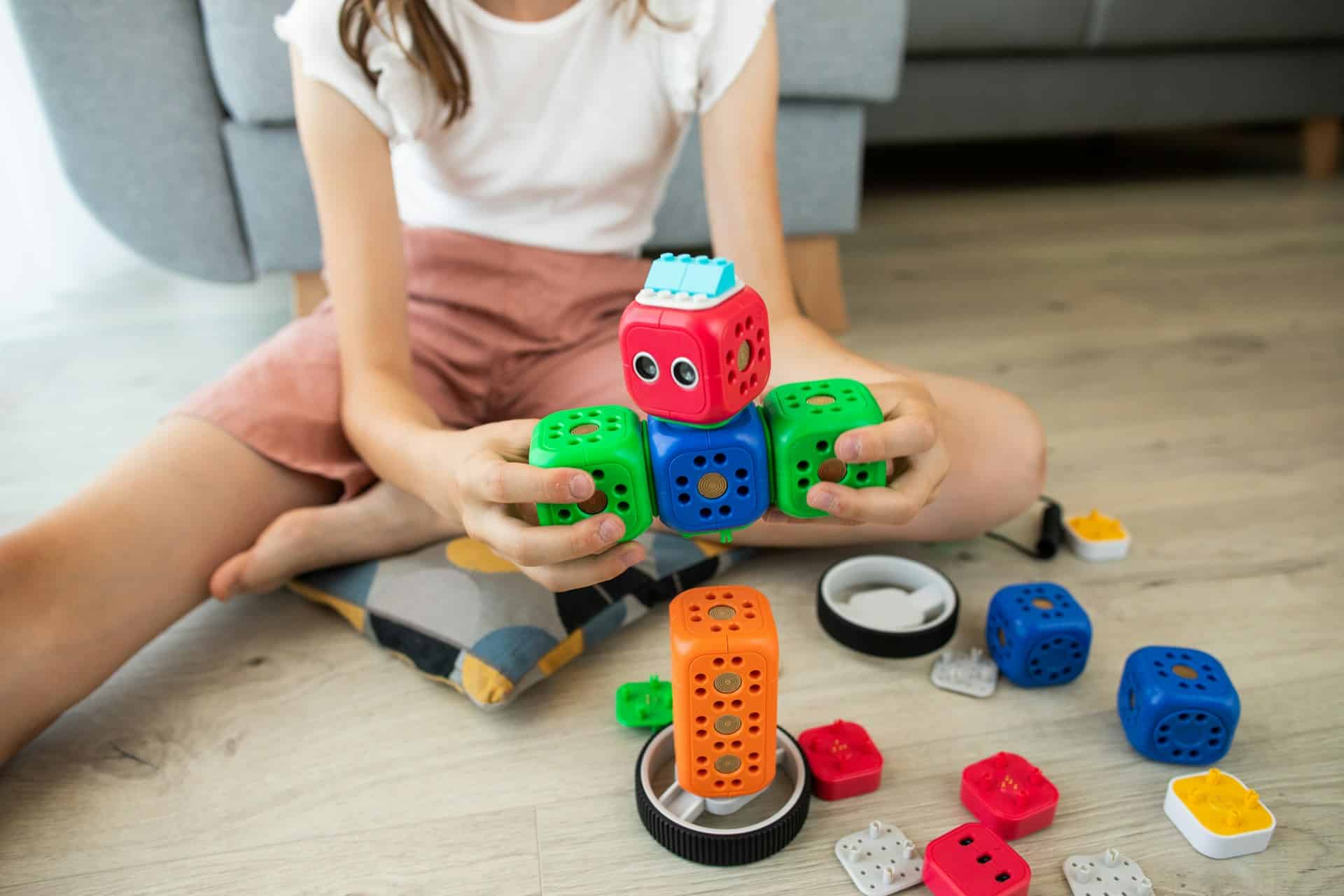What’s the Role of Robotics in UK’s Elderly Care and How Can It Be Implemented?

In the age of rapid technological advancement, robotics is no longer a figment of science fiction. Robots are increasingly playing integral roles in various sectors, from the manufacturing industry to customer service. One of the areas where robotics is making significant strides is in the health care sector, particularly in elderly care. In the UK, where aging is a serious societal concern, the potential of robotics in elderly care is being keenly explored.
Robots in Care: A New Dawn in Elderly Health Services
The increasing role of robots in elderly care is a response to a fundamental health and social issue. The UK, like many developed nations, is grappling with an ageing population. According to a study by the Office for National Statistics, nearly one in every seven people will be over the age of 75 by 2040. This demographic shift increases the demand for care services.
Sujet a lire : tebetan product: bring Tibetan energy into your home
With the advent of robotics, a promising solution presents itself to address the care needs of the elderly. Robots can perform a range of tasks, from simple chores like housekeeping and meal preparation to more complex tasks like medication management and mobility assistance.
It’s not just physical tasks that robots can assist with. They can also provide social interaction, reducing the feelings of loneliness that many older people often experience. For instance, the Socially Assistive Robots (SAR) are designed to engage the elderly in social interaction, even capable of learning and adapting to an individual’s social cues and responses.
A lire en complément : How do you choose the right white-label SaaS provider ?
The Scholarly Studies: Robots and Their Impact on Elderly Care
Several scholarly studies have delved into the impact and effectiveness of robotics in elderly care. A study published in the International Journal of Social Robotics explored the use of a robot called CARESSES. The robot was designed to adapt to the cultural background and personal preferences of its user.
The study found that participants who interacted with CARESSES reported improved mood and better subjective health. They found the robot easy to use and felt that it contributed significantly to their quality of life.
Another study published in "The Gerontologist" examined user acceptance of socially assistive robots (SAR) among older adults. The participants cited perceived usefulness, social influence, and perceived ease of use as major factors influencing their acceptance of SAR.
The Human Factor: Acceptance and Ethical Consideration
While studies and technological advancements paint a promising picture of robotics in elderly care, the success of their implementation largely depends on human acceptance. As with any technology, acceptance among the end-users, the elderly in this case, is crucial.
Additionally, there’s the ethical aspect. As robots take on roles that traditionally involve human care and emotional support, the question arises, can robots truly replace human caregivers? However, it’s important to remember that robots are not intended to replace human care but to supplement it.
The Road Ahead: Implementing Robotics in UK’s Elderly Care
As the UK continues to explore the potential of robotics in elderly care, a structured approach to implementation is needed. First, there needs to be a clear understanding of the specific care needs of the elderly population. This can be achieved through detailed research and studies.
Second, there needs to be a focus on developing robots that are user-friendly, culturally sensitive, and capable of adapting to individual needs. This calls for collaboration between health professionals, robotics engineers, and the elderly themselves.
Finally, awareness and education are crucial. The elderly and their families need to be aware of what robots can and can’t do, the benefits they offer, and their limitations. Only then will they be able to make informed decisions about employing robotics in their care.
The role of robots in elderly care in the UK is a developing field, with much promise and potential. As we continue to explore and understand this potential, we inch closer to a future where robots are an integral part of elderly care, complementing human caregivers and significantly improving the quality of life for older people.
Research Progress: Robotics in Elderly Care Worldwide
Further afield, research on the use of assistive robots in elderly care is gaining momentum. For example, an international conference, the Google Scholar Conference on Assistive Robotics, tackled the topic extensively. Abstracts and studies presented in the conference are available on Article PubMed, a free resource supporting the information needs of healthcare professionals.
Researchers from Poznan University, Poland, presented a paper on the use of social robots in elderly care. The paper, titled "Socially Assistive Robots: Enhancing the Lives of Older Adults", emphasized the importance of designing robots that can interact with elderly people in a meaningful and socially acceptable way.
A study from the University of Medical Sciences explored the potential of service robots in long-term care settings. The study revealed that older adults were receptive to the use of robots for tasks such as medication reminders, meal assistance, and as companions for social interaction.
Another study, this time from a team at Poznan University in Poland, investigated the impact of mobile service robots on people with dementia. The researchers concluded that the use of mobile service robots could significantly improve the quality of life for people with dementia by providing structure and routine, reminders for medication, and a source of social interaction.
These studies and many more underscore the growing recognition of robotics as a viable solution to the challenges posed by an aging population.
Conclusion: A Bright Future for Robotics in Elderly Care
The role of robotics in the UK’s elderly care sector is expanding, with a growing body of research supporting its effectiveness and acceptability among older adults. The use of assistive robots in elderly care is not about replacing human caregivers but enhancing their efforts, ensuring that older people receive the care they need and deserve.
Research, such as those highlighted in the Google Scholar Conference, the International Journal of Social Robotics, and the work undertaken by Poznan University, highlights the potential of robotics in improving the quality of life for older people. It also underscores the need for robots that are culturally sensitive, adaptable, and user-friendly.
However, this is an ongoing journey. The continued development and refinement of assistive robots will require collaboration between health professionals, robotics engineers, and the elderly themselves. Education and awareness among older adults and their families are equally essential to ensure informed decisions about employing robotics in their care.
The future of robotics in elderly care in the UK is promising. As we continue to explore and harness the potential of robotics, we can look forward to a future where robots are an integral part of elderly care, providing support, companionship, and significantly improving the quality of life for older people. This is an exciting prospect, one that reaffirms the importance of technology in shaping a more caring, inclusive future for our elderly population.
